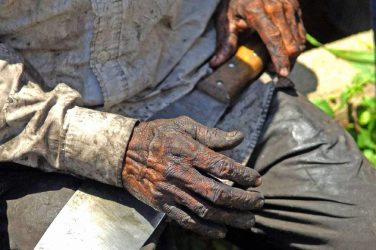Dubbed “the world’s biggest party,” Brazil’s Carnaval is officially underway and this year’s festivities are taking on politically charged themes – and running into trouble with the authorities as a result.
One of the most controversial events, billed as “Brazil’s largest anti-communist block party” and called the “Dops Basement,” is a direct reference to police intelligence agency the Department of Political and Social Order.
Active during the 1964-1985 military dictatorship, the São Paulo-based department was notorious for torturing dissidents and infamously detained former presidents Dilma Rousseff, who spent three years in prison, and Luiz Inácio Lula da Silva, jailed for 30 days.
The event has already run into difficulties: it was banned by a judge, whose decision is now being appealed by local prosecutors on the grounds of freedom of expression, according to a report in The Guardian.
“The judge’s decision is an insult to all the families of those that were tortured and killed as well as the whole of the Brazilian population,” said Rose Nogueira, director of Sao Paulo’s branch of the No More Torture NGO, who was herself tortured during the dictatorship.
Among those opposing the event is Samia Bonfim, a São Paulo city councilwoman with the leftwing Socialism and Liberty party, who said: “It’s ridiculous that during Carnaval – which is supposed to be a time of celebrating democracy – this group is choosing to celebrate crimes against humanity.”
The use of torture was widespread during the dictatorship, according to a 2014 report from Brazil’s Truth Commission. Techniques included electric shocks, beatings, crucifixion and sexual abuse.
teleSUR









